DIET & NUTRITION IN IBD
Diet and nutrition are important aspects of IBD management. Maintaining proper nutrition when you have IBD is very important.
Benefits of Proper Nutrition:
- Medications work more effectively
- Improve healing, immunity, and energy levels
- Minimize gastrointestinal symptoms
“In IBD, Nutrition is not about eating less or more. It’s about eating right.”
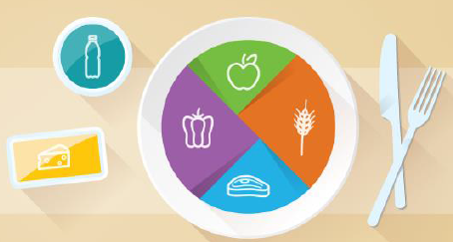
Dietary tips in IBD
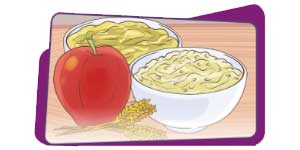
Eat a low fiber diet that will not cause blockage in the bowel
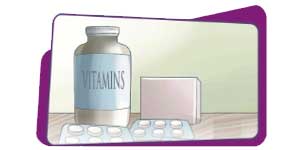
Take Calcium, Vitamin D and Vitamin B-12 supplements to help replenish nutrients
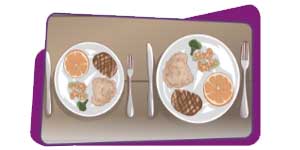
Eating small meals, low in fat & fiber helps with the symptoms of IBD

Drinking plenty of fluids help alleviate the symptoms of IBD
Diet tips when your disease is active (During flare-ups)
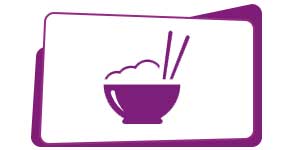
Bland, soft food
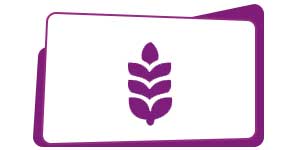
Plain cereals, white rice
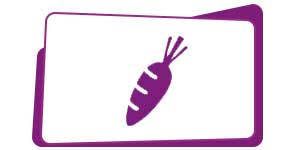
Fully cooked vegetables, potatoes without skin
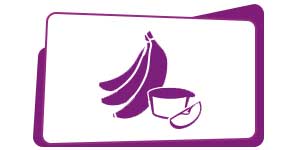
Banana, apple sauce
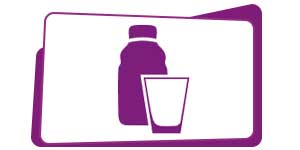
Nutritional supplements if you lose your appetite
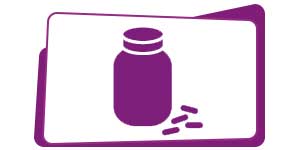
Vitamins and mineral supplements if your health care provider approves
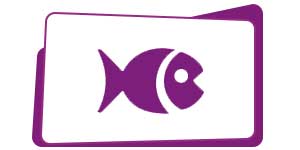
Protein if you have no problems when you eat them (lean meats, fish, soy)
Certain foods may trigger symptoms of IBD & should be avoided
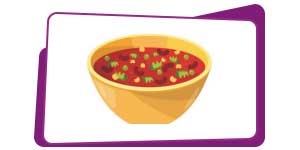
Spicy foods
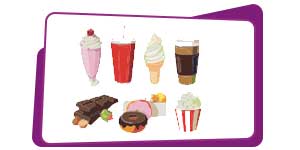
Sugary foods

Caffeine

Alcohol
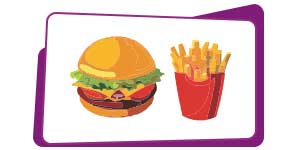
Fatty, fried foods
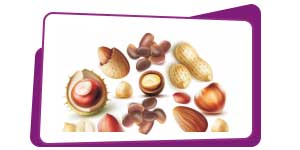
Nuts, seeds & beans
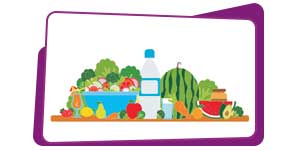
High-fiber foods including raw fruits and vegetables
Elements of a well-balanced diet during remission
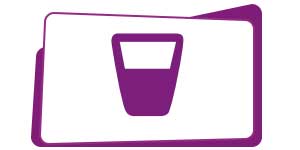
8 to 10 glasses of water each day

Carbohydrates with soluble fiber like oat bran, legumes, and barley

Proteins like lean meat, fish, eggs, nuts, poultry, and soy
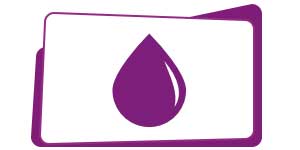
Healthy fats like omega-3 fatty acids, olive oil, and canola oil
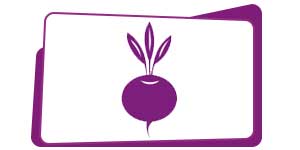
Deeply colored (without skin and seeds) fruits and cooked vegetables

Vitamin and mineral supplements if your health care provider approves
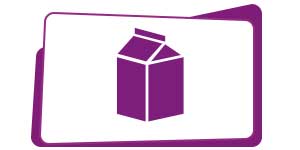
Dairy/calcium (dairy substitute if you are lactose intolerant)